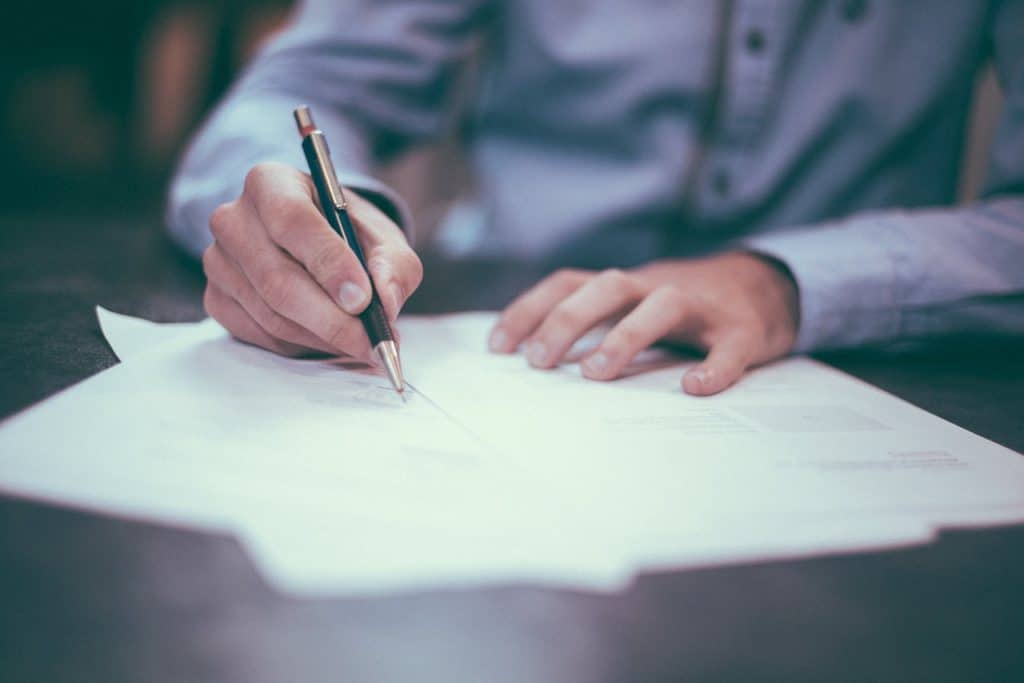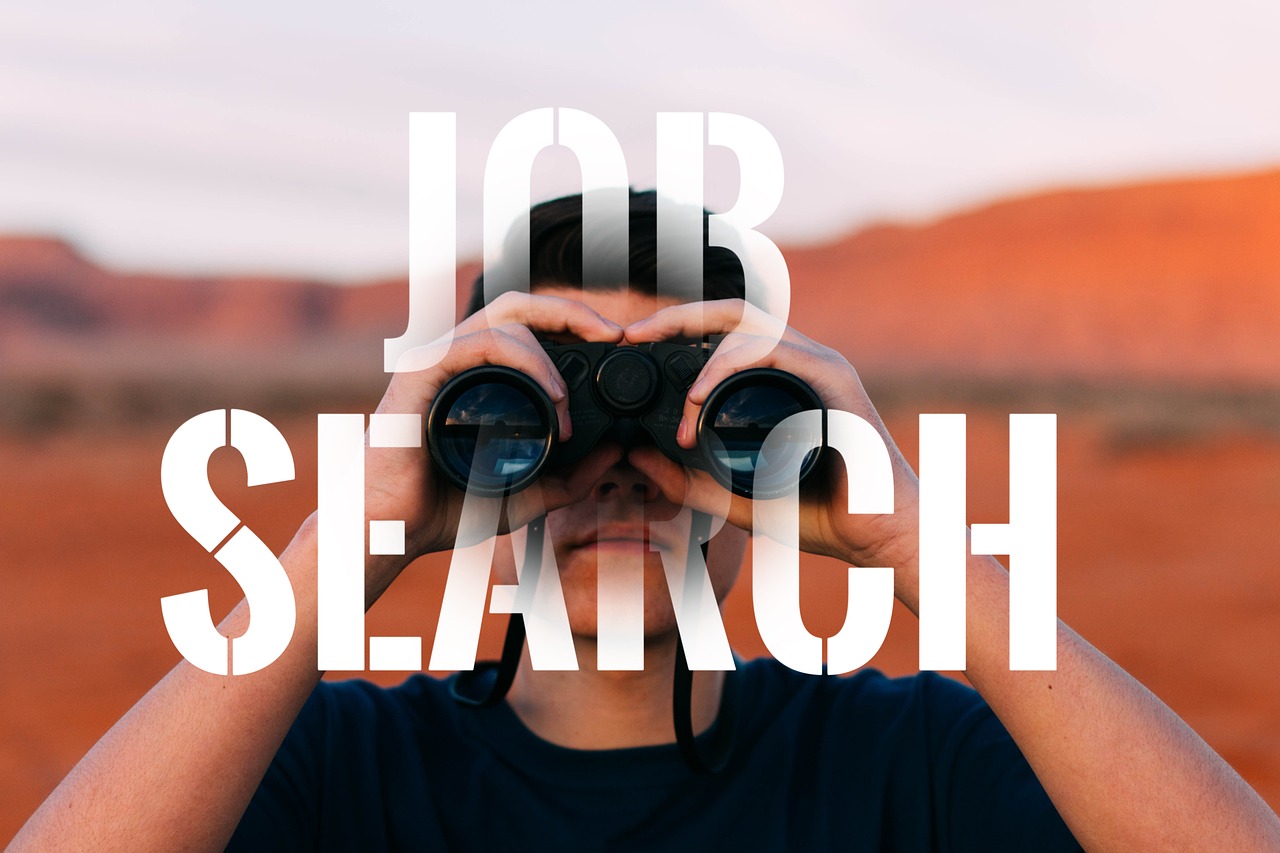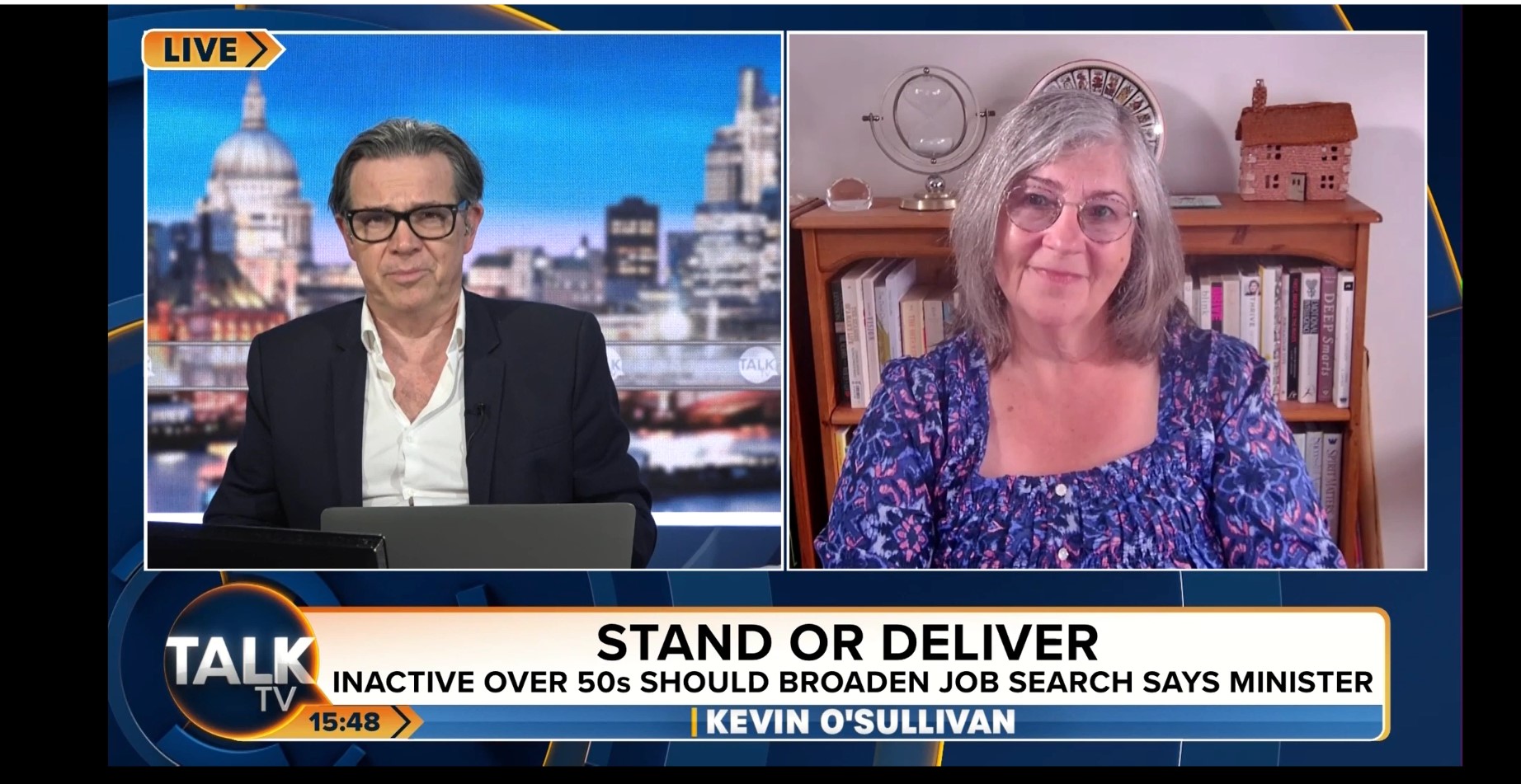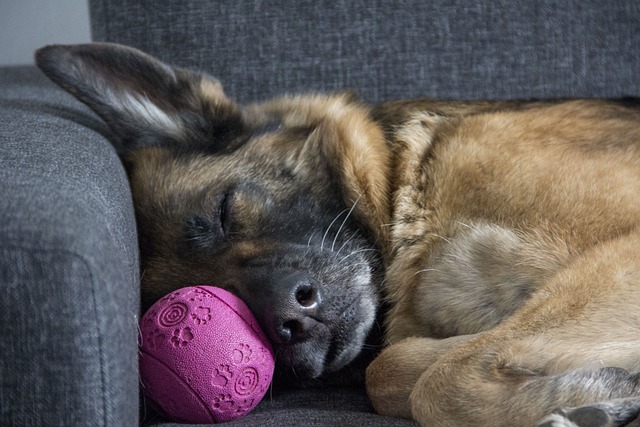I encourage my clients to send a thank you message shortly after the interview. In the past you could post a letter but in a time critical situation you want to get it sent by email.
- Prep in advance and there is likely to just be one section to add in.
- Of course, you will include their name, and refer to the job.
- Include your continued enthusiasm for the job, and why you think that you will be a good fit.
- Remind them of some of your strengths, including any that may not have been covered in the interview.
Thank You Letter or Follow up
Typically, only about 25% of applicants write a follow up letter to thank the interviewer for their time. If the interviewer is still deciding between you and another applicant, this may just tip the balance.
If you know a second interview is to be fairly soon, you may wish to hand deliver the letter. But don’t be pushy, just leave it at reception or put it though the letterbox.
A well-crafted and timely follow up letter will show that you are professional and courteous and will make you stand out from other applicants. It gives you an opportunity to reinforce your strengths, and demonstrates your written communication skills. A hand written letter shows your interest. You took the time to write it, and it doesn’t come across looking like a form letter you send out to every person you meet.
You could email, but a hand written letter stands out.
Address the letter to the senior person who interviewed you, to reinforce your interest and reiterate your selling points.
The thank you letter can address areas of weakness, reservations or concerns that were mentioned during the interview. You can also reiterate your strengths and explain why you are the person for the job. Mention how your strengths and past work history (with examples) can overcompensate for any areas of weakness.
This letter will also give you an opportunity to correct any erroneous impressions you may feel you have left with the interviewer, and/or to emphasise areas of experience you may not have stressed sufficiently. The formal process of objectively debriefing yourself after the interview will help to highlight the additional points that may need to be mentioned in your follow-up letter.
Don’t forget timing, a week is too late. You want it there within 48 hours. You could also send a thank you note to the assistant, thanking them for making you feel comfortable.
Structure of a thank you letter
Paragraph 1
Thank you for interviewing me for the position of xxx on (date). You could also include date and location.
Paragraph 2
Restate what you have to offer to the company and confirm your interest. Address any possible areas of concern and provide a further example of any area where you perhaps could have been clearer. You’re not repeating what you said at interview but adding further details to support your application.
After discussing the responsibilities of the job, I am sure that I have the skills and experience to perform well in this position.
Mention again what you can bring to the job.
Paragraph 3
Thank the interviewer. Say how you may be contacted. Thank you again for taking the time to meet with me. If you need additional information I can be reached on 079xx xxx xxx.
The thank you letter can be detailed; it can include specific examples under a number of headings which are key to the job. You are not sending out a second version of the cover letter which you sent with your CV but a much more specific one, demonstrating that you listened to the interviewer and are now able to provide details on how you add value to the company.
You also have the choice to ditch the traditional thank you note
Instead to create a detailed plan for your first 30, 60 and 90 days in the job. You can outline how you will achieve the objectives in the job description and how you will contribute to the company bottom line. To use this approach, you should have created most if the letter in advance as you will want it sent on promptly.
When there are more than 1 interviewer
Don’t be tempted to cut and paste the same email to everyone, the interviewers may well share what has been sent. Personalise your letter to each person.
When it didn’t go as well as you hoped
If your interview did not go well or if you want to add something that was not covered in the interview, you can use the thank you letter as a follow-up marketing tool. Include a paragraph that makes your point and encourages the employer to reconsider your potential. A sample letter is below
Thank you for the opportunity to interview with you last Tuesday for the position of Business Development Manager. During the interview you asked why I would be a good candidate and I could only give you a vague response. I have spent a good deal of time since then evaluating my strengths in relation to your needs. After serious consideration I can comfortably state that I am a good candidate because ___________. If you would like to discuss in more depth my background in relation to your needs, please call. Otherwise, I look forward to hearing from you and I hope your response will be positive. I am very interested in working for you at XYZ PLC. I would like to have the opportunity to discuss job possibilities in more detail.
Follow up
The thank you letter can work, but as more people are sending one you need to do something to help you stand out further.
What can work is to create a plan of what you will do in the first 30, 60 and 90 days in the job.
- Demonstrate that you understand the company problems and that you have considered how to address them.
- Make it clear how you will make it a smooth transition
- Provide details of how you will achieve the objectives laid out in the job description
Image by Free-Photos from Pixabay





